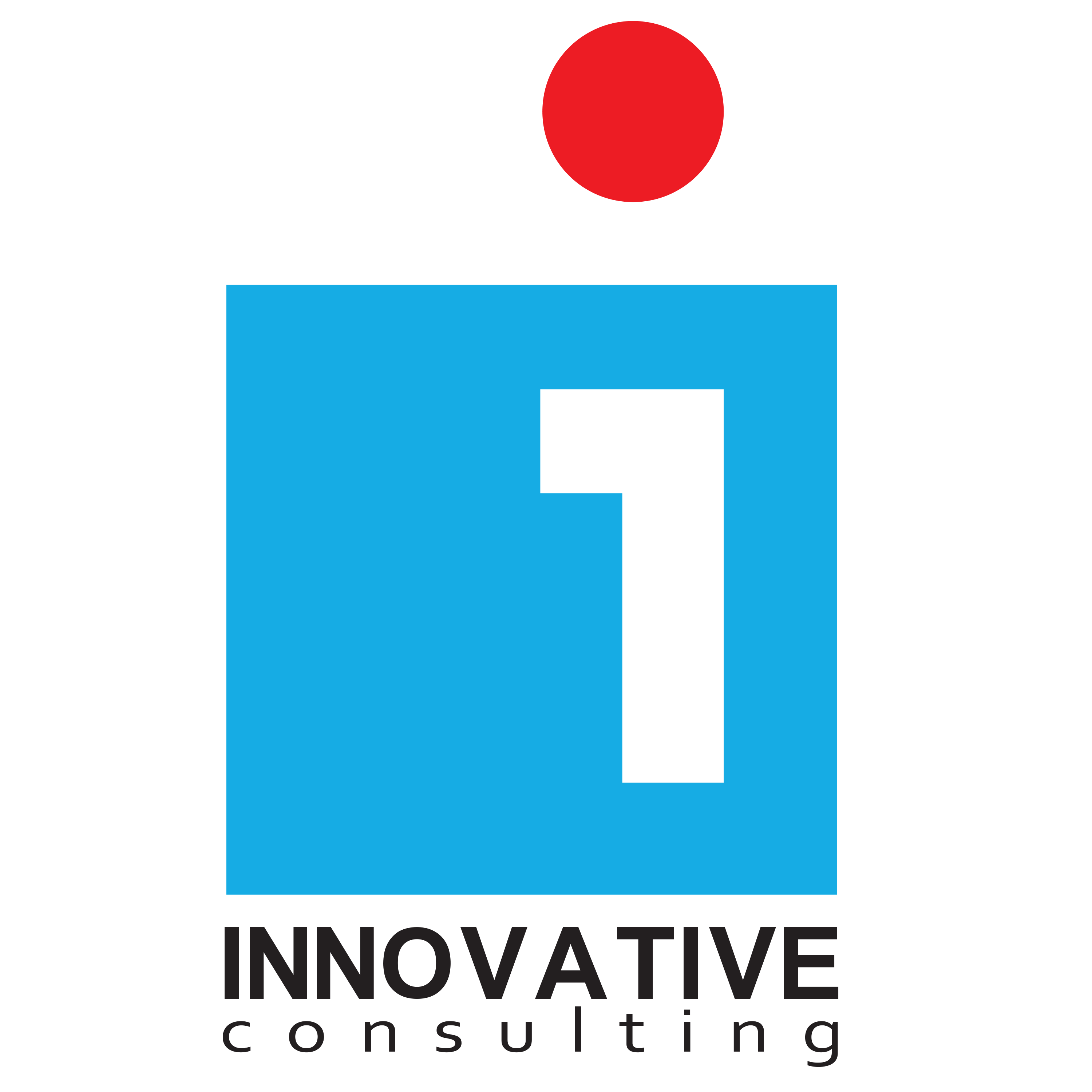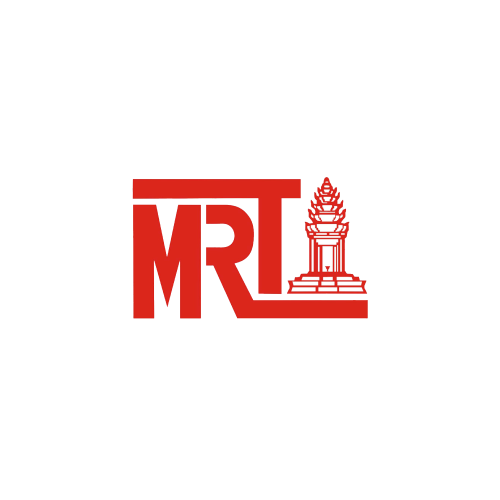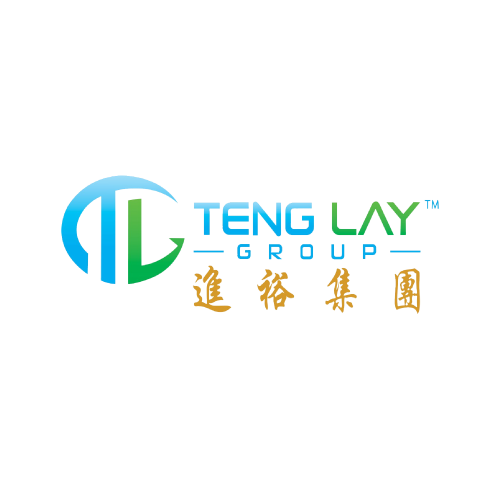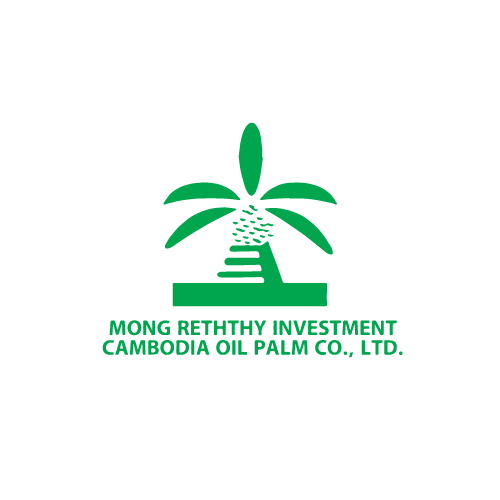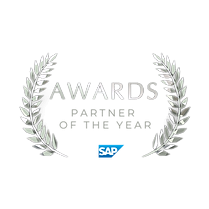Enterprise resource planning (ERP) software is the ultimate total business management system for any operation. Whether you are a global manufacturer or a growing professional services company, ERP is used to manage day-to-day business activities and integrate important areas of your organization. From financials and sales to inventory and operations, ERP software brings all of your business processes together in one platform to improve business productivity, enhance collaboration, increase efficiencies, and drive smarter decision making.
Most companies have some form of finance and/or operational system in place to manage their core business processes. You could be using QuickBooks to handle your accounting processes, a separate customer relationship management (CRM) system to manage customers and sales, and maybe even a third and fourth solution for human resources, retail (RMS), or supply chain management (SCM).
When you have less than 100 customers and a small team, this might be a manageable way of life. But as your customer base expands and your business starts to grow, these separate systems can quickly get out of control. From errant manual processes to operational inefficiencies and missed market opportunities, the results can be devastating to a business.
One of the more common scenarios organizations consider selecting and adopting a new ERP is when the financial needs exceed the capabilities of their entry-level accounting software. Accounting software can’t provide the data access and custom financial performance reports your executive team is looking for so your staff resorts to creating multiple uncontrolled Excel spreadsheets as a Band-Aid solution. Hours and hours are wasted manually consolidating data from your other systems and you don’t even know if the numbers you are looking at are accurate. Sound familiar?
Let’s look at another scenario: legacy systems. You know the outdated technology you inherited from your predecessors that is no longer supported but is essential to your continued operation? Many of these legacy systems have been tailor-made to fit specific business processes, but nowadays, it’s probably costing you more than it should. When a legacy system finally reaches the end of its life (i.e. no one knows how to fix it), it usually makes more financial sense to scrap it and look for a better alternative.
Finally, one of the biggest drivers behind investing in a more powerful business management solution is the most obvious: data accuracy. When you are running out-of-date or siloed business applications and systems, it’s near impossible to get a single view of your operations and meet the expectations of your customers. When operating blindly, you are not able to see what’s working or make adjustments to what’s not. You’re wasting time, money, and valuable resources on manual data reconciliation, inefficient processes, and operational delays – all while your business is at risk.
Enterprise resource planning (ERP) software is the ultimate total business management system for any operation. Whether you are a global manufacturer or a growing professional services company, ERP is used to manage day-to-day business activities and integrate important areas of your organization. From financials and sales to inventory and operations, ERP software brings all of your business processes together in one platform to improve business productivity, enhance collaboration, increase efficiencies, and drive smarter decision making.
Most companies have some form of finance and/or operational system in place to manage their core business processes. You could be using QuickBooks to handle your accounting processes, a separate customer relationship management (CRM) system to manage customers and sales, and maybe even a third and fourth solution for human resources, retail (RMS), or supply chain management (SCM).
When you have less than 100 customers and a small team, this might be a manageable way of life. But as your customer base expands and your business starts to grow, these separate systems can quickly get out of control. From errant manual processes to operational inefficiencies and missed market opportunities, the results can be devastating to a business.
One of the more common scenarios organizations consider selecting and adopting a new ERP is when the financial needs exceed the capabilities of their entry-level accounting software. Accounting software can’t provide the data access and custom financial performance reports your executive team is looking for so your staff resorts to creating multiple uncontrolled Excel spreadsheets as a Band-Aid solution. Hours and hours are wasted manually consolidating data from your other systems and you don’t even know if the numbers you are looking at are accurate. Sound familiar?
Let’s look at another scenario: legacy systems. You know the outdated technology you inherited from your predecessors that is no longer supported but is essential to your continued operation? Many of these legacy systems have been tailor-made to fit specific business processes, but nowadays, it’s probably costing you more than it should. When a legacy system finally reaches the end of its life (i.e. no one knows how to fix it), it usually makes more financial sense to scrap it and look for a better alternative.
Finally, one of the biggest drivers behind investing in a more powerful business management solution is the most obvious: data accuracy. When you are running out-of-date or siloed business applications and systems, it’s near impossible to get a single view of your operations and meet the expectations of your customers. When operating blindly, you are not able to see what’s working or make adjustments to what’s not. You’re wasting time, money, and valuable resources on manual data reconciliation, inefficient processes, and operational delays – all while your business is at risk.
Top 5 Reasons to Consider Investing in New ERP
When the costs and frustrations of your current applications start to add up, it’s time to consider a better business process management software solution that solves your existing problems and can help you grow, not prevent it. One or more of the following five areas make up the cornerstone of why nearly every company chooses to invest in a new ERP product and project.
When the costs and frustrations of your current applications start to add up, it’s time to consider a better business process management software solution that solves your existing problems and can help you grow, not prevent it. One or more of the following five areas make up the cornerstone of why nearly every company chooses to invest in a new ERP product and project.
1. Gain More Control Over Your Operations
By bringing together all key functional areas of your business in one centralized location, ERP software built to fit your business enables total visibility and control of your entire operations. Everything from cash controls to inventory, effective ERP solutions provide real-time data that is accessible to every person in your organization. You can increase collaboration and productivity across departments with integrated workflows. With the full picture of processes and performance, a new, right-fit ERP can give you a greater level of insight into your business and provides the tools you need to act on opportunities with confidence.
By bringing together all key functional areas of your business in one centralized location, ERP software built to fit your business enables total visibility and control of your entire operations. Everything from cash controls to inventory, effective ERP solutions provide real-time data that is accessible to every person in your organization. You can increase collaboration and productivity across departments with integrated workflows. With the full picture of processes and performance, a new, right-fit ERP can give you a greater level of insight into your business and provides the tools you need to act on opportunities with confidence.
2. Manage Working Capital
“As levers of financial management go, none bears more weight than working capital. The viability of every business activity rests on daily changes in receivables, inventory, and payables.” (S.L. Mintz, CFO Magazine)
While this may be an older quote, the message remains true to this day: you can’t grow without cash. You have been trying to grow your business with outdated business systems and now it’s time to break free with ERP. There is cash hidden in your business and the improved processes that come with an ERP solution will help you find it and can have a huge impact on your working capital. ERP is designed to enable better management of raw materials, for example, which reduces the amount of working capital tied up in your inventory. The benefits and anticipated impacts vary in every ERP implementation but it’s important to keep this in mind as you weigh the benefits.
“As levers of financial management go, none bears more weight than working capital. The viability of every business activity rests on daily changes in receivables, inventory, and payables.” (S.L. Mintz, CFO Magazine) While this may be an older quote, the message remains true to this day: you can’t grow without cash. You have been trying to grow your business with outdated business systems and now it’s time to break free with ERP. There is cash hidden in your business and the improved processes that come with an ERP solution will help you find it and can have a huge impact on your working capital. ERP is designed to enable better management of raw materials, for example, which reduces the amount of working capital tied up in your inventory. The benefits and anticipated impacts vary in every ERP implementation but it’s important to keep this in mind as you weigh the benefits.
3. Reduce Costs Through Increased Efficiencies
Whenever a new ERP solution is deployed, you will discover areas where costs can be reduced, or efficiencies gained. Through automation and eliminating manual processes, you will save significant time and manpower across your organization. Your finance team will make better use of their time, drilling down into results and analyzing financial statements instead of consolidating data and rechecking questionable numbers. With streamlined business processes, better reporting, and more accurate data at your fingertips, your leadership team will be able to respond quickly to changes in the market and make decisions when they need to happen – no delays and no questions about where the numbers came from.
Whenever a new ERP solution is deployed, you will discover areas where costs can be reduced, or efficiencies gained. Through automation and eliminating manual processes, you will save significant time and manpower across your organization. Your finance team will make better use of their time, drilling down into results and analyzing financial statements instead of consolidating data and rechecking questionable numbers. With streamlined business processes, better reporting, and more accurate data at your fingertips, your leadership team will be able to respond quickly to changes in the market and make decisions when they need to happen – no delays and no questions about where the numbers came from.
4. Accelerate Revenue Growth
If you’ve hit a growth wall, your business systems and technology may be contributing. One of the biggest benefits, and reasons, to adopting an ERP solution is the increase in employee productivity and revenues. ERP is designed to streamline and automate revenue generating processes. A more efficient salesforce will increase productivity and produce more customers. A faster and more accurate order processing system will reduce operating expenditures, shorten fulfillment lead times, and improve customer service. All of these things contribute directly to revenue growth and will help you see a return on your investment quicker.
If you’ve hit a growth wall, your business systems and technology may be contributing. One of the biggest benefits, and reasons, to adopting an ERP solution is the increase in employee productivity and revenues. ERP is designed to streamline and automate revenue generating processes. A more efficient salesforce will increase productivity and produce more customers. A faster and more accurate order processing system will reduce operating expenditures, shorten fulfillment lead times, and improve customer service. All of these things contribute directly to revenue growth and will help you see a return on your investment quicker.
5. Regulatory Compliance
When your current accounting software or legacy system is not doing the job you need it to do, you could be facing a lot of financial risk complying with regulatory rules and regulations for your business and industry. Compliance comes in many forms and from many sources, including all levels of government, customers, lenders, investors, and suppliers. A well-structured ERP solution can help you manage those areas of governance, risk, and compliance by:
Improving data accuracy and reliability
Reducing your dependence on Excel
Improving the audit process
Enhanced traceability and quality control
Advanced security features for data protection
Before jumping headfirst into an ERP implementation, keep in mind that it is a big undertaking. While there are several proven, tried-and-true solutions out there that don’t require a total overhaul of your business, it will still require financial investment, effort and collaboration from multiple departments of your organization, and a change in thinking. The best place to start is to do a cost-benefit analysis to make sure that the benefits of moving to an ERP system outweigh the costs of your existing systems. This something that a seasoned ERP provider, like ICC, can help you with.
When your current accounting software or legacy system is not doing the job you need it to do, you could be facing a lot of financial risk complying with regulatory rules and regulations for your business and industry. Compliance comes in many forms and from many sources, including all levels of government, customers, lenders, investors, and suppliers. A well-structured ERP solution can help you manage those areas of governance, risk, and compliance by:
Improving data accuracy and reliability
Reducing your dependence on Excel
Improving the audit process
Enhanced traceability and quality control
Advanced security features for data protection
Before jumping headfirst into an ERP implementation, keep in mind that it is a big undertaking. While there are several proven, tried-and-true solutions out there that don’t require a total overhaul of your business, it will still require financial investment, effort and collaboration from multiple departments of your organization, and a change in thinking. The best place to start is to do a cost-benefit analysis to make sure that the benefits of moving to an ERP system outweigh the costs of your existing systems. This something that a seasoned ERP provider, like ICC, can help you with.
Select the Right ERP Solution for Your Business
It’s estimated that over 50% of business technology projects fail or need rework by the time they are finished. At ICC, we don’t let our customers assume that risk. By concentrating on an agile, well-ordered approach, we work from a proven method that delivers successful results every time.
As your company’s needs change and expand, your business systems and infrastructure should keep up. By offering a variety of business applications across multiple Microsoft Dynamics, SAP, and Acumatica platforms, ICC helps organizations properly match ERP solutions to meet their objectives and stay within their budget, without pigeonholing requirements into a mismatched product or service.
Check Out SAP Business One ERP Solutions
Unlike other ERP software providers who focus on maximizing their share of the customers wallet regardless of expected results, we bring practical, stable, and scalable ERP to life that meet our customers’ needs and seamlessly grow with their business. We take an incremental approach and always start with the necessary building blocks to fulfill your main objectives. This keeps the scope, expectations, and delivery precise while ensuring control over the time, costs, and resources of every ERP implementation project.
It’s easy to get caught up in emerging business requirements, new products or features, or short-term problems that feel like urgent fixes, but our ERP software and data management experts are here to help you assess what’s best for your business, your ERP system, and your goals. We bring you years of experience and a team of experts in best practices to ensure a successful ERP solution implementation that meets your needs and business requirements today and in the future.
So how do you get started? The first step is always to meet our team and discuss your data and business process challenges. Once we have an understanding of your existing systems, infrastructure, known issues, budget, and success criteria, we can educate you on your options and provide honest recommendations on ERP software and next steps.
It’s estimated that over 50% of business technology projects fail or need rework by the time they are finished. At ICC, we don’t let our customers assume that risk. By concentrating on an agile, well-ordered approach, we work from a proven method that delivers successful results every time.
As your company’s needs change and expand, your business systems and infrastructure should keep up. By offering a variety of business applications across multiple Microsoft Dynamics, SAP, and Acumatica platforms, ICC helps organizations properly match ERP solutions to meet their objectives and stay within their budget, without pigeonholing requirements into a mismatched product or service.
Check Out SAP Business One ERP Solutions
Unlike other ERP software providers who focus on maximizing their share of the customers wallet regardless of expected results, we bring practical, stable, and scalable ERP to life that meet our customers’ needs and seamlessly grow with their business. We take an incremental approach and always start with the necessary building blocks to fulfill your main objectives. This keeps the scope, expectations, and delivery precise while ensuring control over the time, costs, and resources of every ERP implementation project.
It’s easy to get caught up in emerging business requirements, new products or features, or short-term problems that feel like urgent fixes, but our ERP software and data management experts are here to help you assess what’s best for your business, your ERP system, and your goals. We bring you years of experience and a team of experts in best practices to ensure a successful ERP solution implementation that meets your needs and business requirements today and in the future.
So how do you get started? The first step is always to meet our team and discuss your data and business process challenges. Once we have an understanding of your existing systems, infrastructure, known issues, budget, and success criteria, we can educate you on your options and provide honest recommendations on ERP software and next steps.
